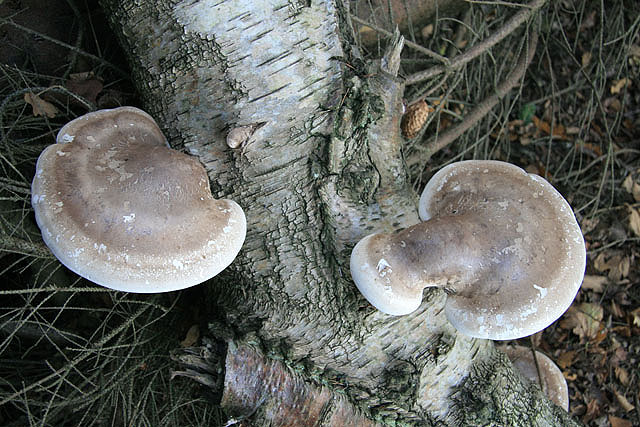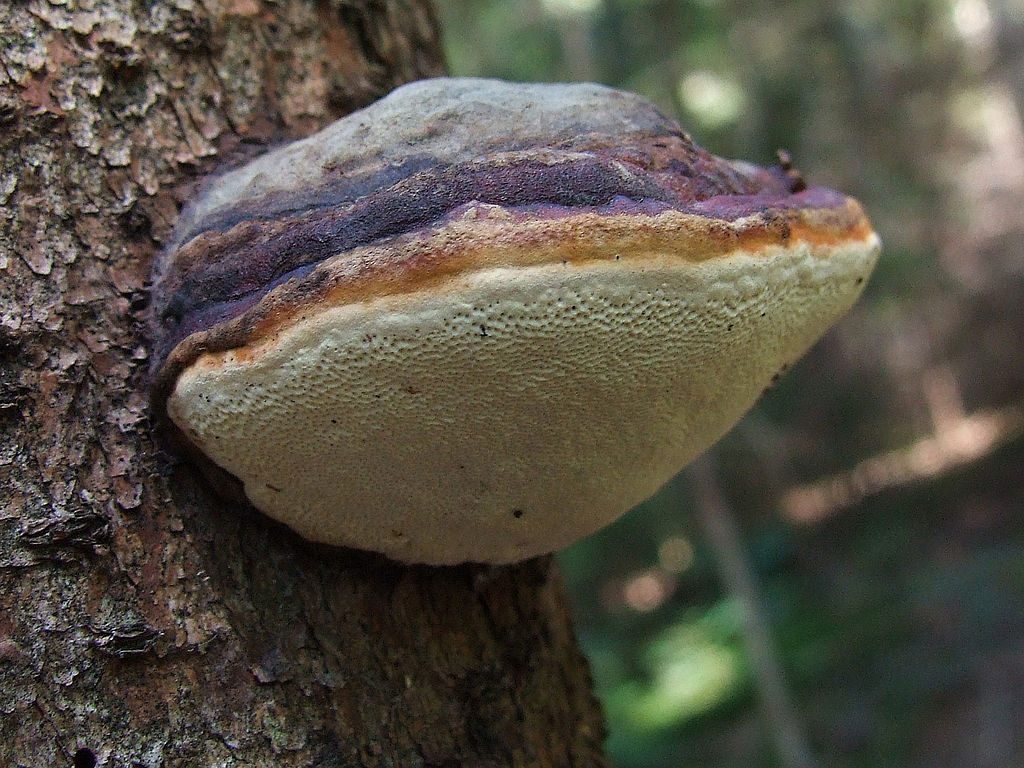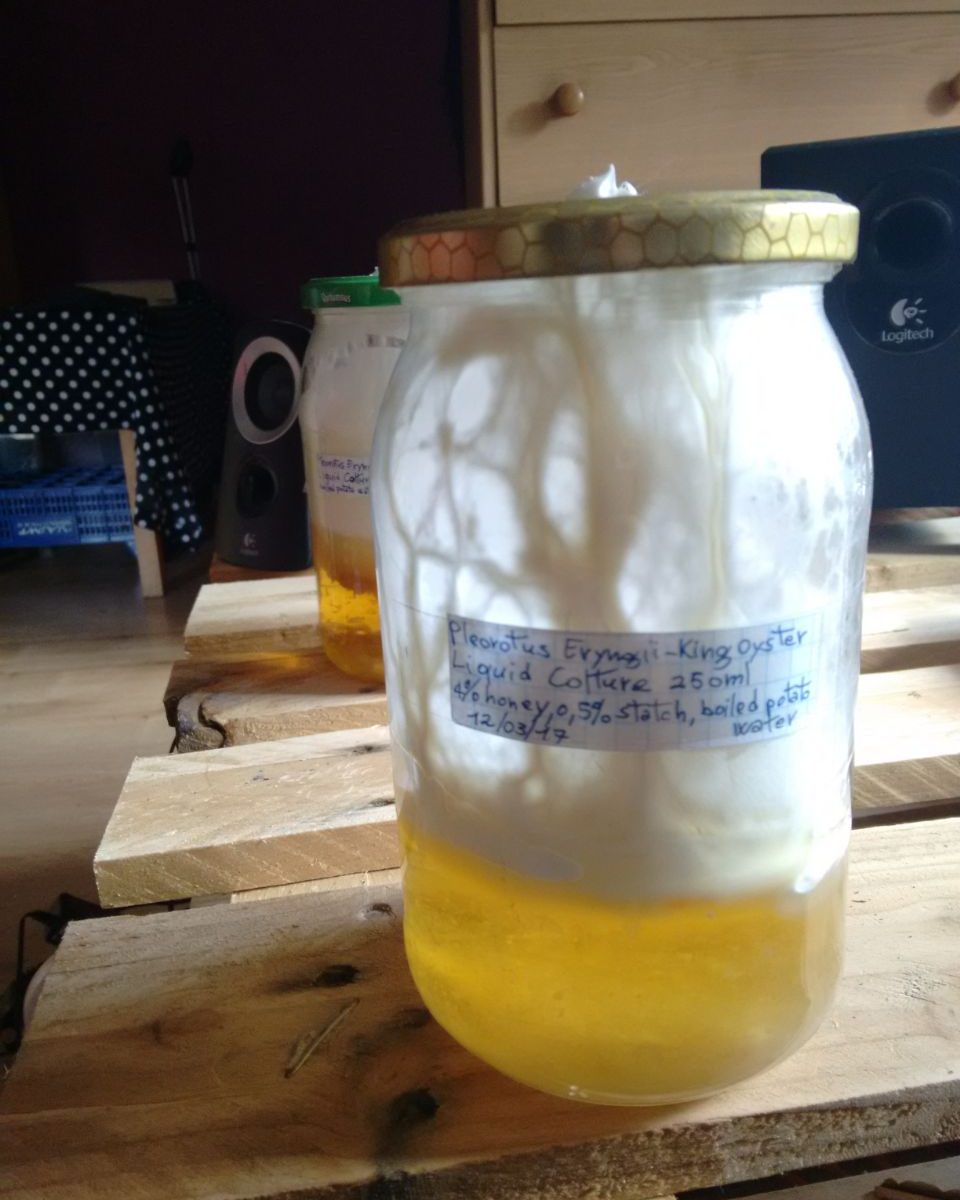Fomitopsis Betulina (Birch Polypore)

An amazing medicinal mushrooms that likes to grow on birch trees. This plant has been used for thousands of years (a lump was found in a medicine pouch when they discovered the almost 6000 year old body Ötzi the Ice Man some years ago!).
It act as an immune tonic, anti-inflammatory, anti-tumor, anti-parasitic, laxative, anti-septic, anti-viral and anti-bacterial. Studies have indicated that the Birch Polypore acts as an aromatase inhibitor, meaning it helps to prevent the conversion of androgen hormones into estrogen. This is important in both men and women as high estrogen levels are linked to many hormonal imbalances and cancers.
Fomitopsis Pinicola (Red Belted Conk)

Fomitopsis Pinicola is a widespread wood-eating medicinal mushroom who goes by the common names Red-belted Conk and Red-banded Polypore. This species often grows on dead or dying conifers, but can also consume various hardwoods. Red-banded Polypore has a cream-colored pore surface, from which reproductive spores are released. This tough polypore is perennial, often persisting for years. Though not well known as a medicinal, Greg Marley writes that decoctions and tinctures made from this tree mushroom are anti-inflammatory and immune system supporting.
From a research dated 31st January 2020: “The compounds that are present in the fruiting bodies of F.pinicola included many useful enzymes, steroids, triterpenes and triterpenes derivatives, anti-tumor active constituents, and health beneficial nutritious compounds. These principal compounds showed important medicinal effects on the human body by providing a shield effect to the internal organs against diseases and also heal the damaged tissues and organs. The pharmacological effects of F.pinicola active constituents include anti-tumor, anti-diabetic, anti-hyperlipidemic by controlling obesity, anti-oxidant effect, anti-microbial and anti-inflammatory properties”.



